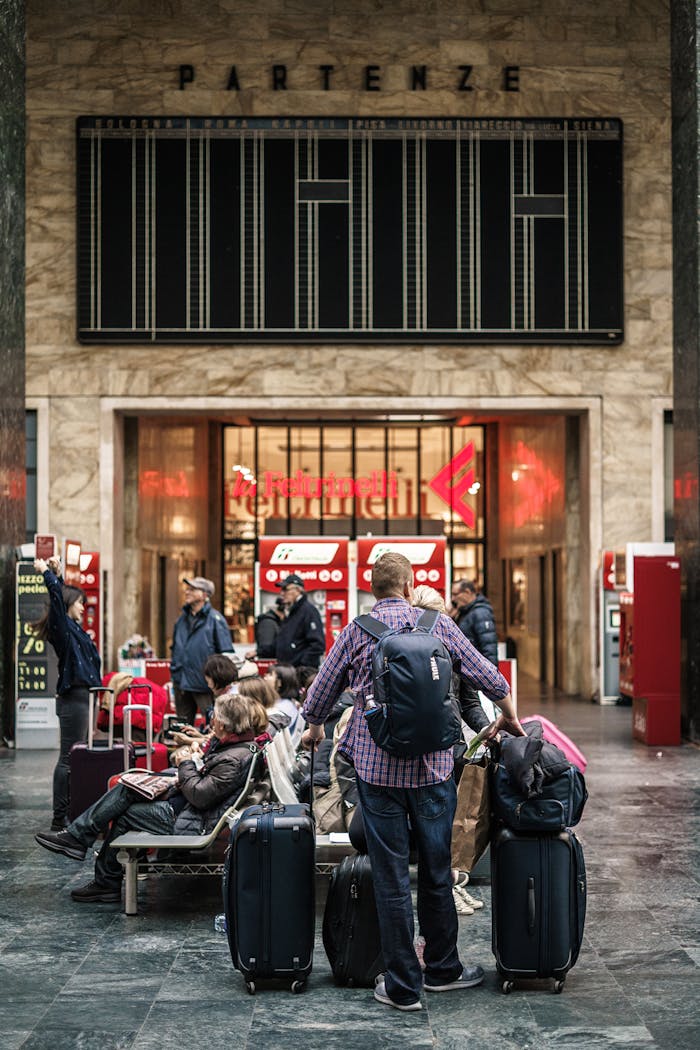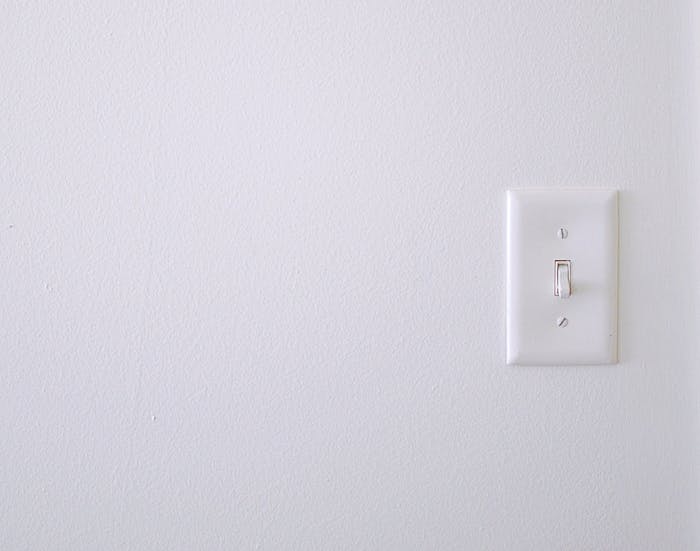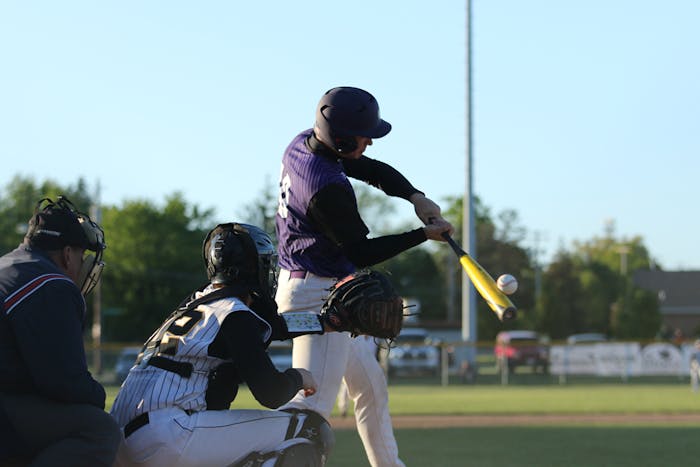Some Oddities of English – Contronyms
There are many oddities or strange things in every language and in this case, the language is English. I am going to talk about contronyms in this article. Let’s look at what they are.
What are Contronyms?
According to Grammarly:
“A contronym, often referred to as a Janus word or auto-antonym, is a word that evokes contradictory or reverse meanings depending on the context. Specifically, a contronym is a word with a homonym (another word with the same spelling but different meaning) that is also an antonym (a word with the opposite meaning).”
Here are fifteen examples for you to enjoy:
Bolt: To secure, or to flee. “Please bolt the window for security.” “I saw him bolt down the road late at night. It looked like he was fleeing something.”

Buckle: To connect, like in connecting two parts of a belt together using a buckle, or to break or collapse from strong emotion or injury.

Dust: can mean to add or to remove the thing in question. Only the context will tell you which it is. When you dust are you applying dust or removing it? It depends on whether you’re dusting the crops, perhaps with pesticide, or dusting the furniture.
Fast: Quick, or stuck or made stable. “Look how fast he is running down the dune.” “Make fast the windows, a tornado is coming.”

Hold up: can mean "to support" or "to hinder": “What a friend! When I’m struggling with things, he’s always there to hold me up.” “When I try to finish my work, my children sometimes hold me up.”
Left: can mean either remaining or departed. “Is there any food left?” “Has he left the country yet?”

Off: means "deactivated," as in to turn off the light, but also "activated," as in the alarm went off.

Oversight: is the noun form of two verbs with contrary meanings, “oversee” and “overlook.” To oversee means "to supervise". Overlook usually means the opposite: "to fail to see or observe; to pass over without noticing; to ignore."

Peer: A person of the nobility, or an equal. “I get on well with my peers at work.” “In England there are still many peers, like barons, earls and dukes.”
Rent: to lease the use of a commodity. “The landlord rents his apartment to a couple.” The second meaning is to buy the use of a commodity. “You can rent a room or the whole apartment from a landlord.”
Resign: Resign, meaning "to quit," is spelled the same as resign, meaning "to sign up again," but it’s pronounced differently.

Screen: To present, like in screening a movie, or to conceal or hide something, like using a screen indoors to hide the bed in a small apartment.

Seed: can have the meaning of both add and remove. “If you seed the lawn you add seeds, but if you seed a tomato you remove them.”

Strike: To hit, or to miss when trying to hit.

Weather: can mean "to withstand or come safely through" (as in the country weathered the recession), or it can mean "to be worn away" (the mountain rocks are weathered).

